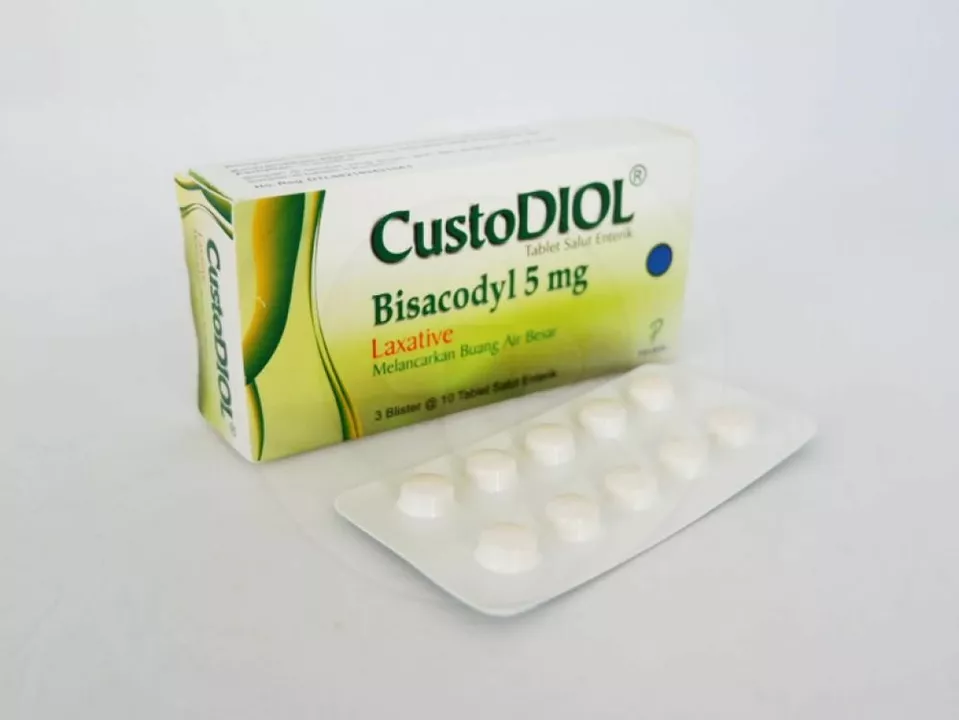Science: Clear, Practical Medical Research at GenMedicare
Want straightforward explanations of the science behind medicines and supplements? The science tag gathers practical articles that break down clinical trials, drug mechanisms, and the real-world meaning of research. No jargon, just useful takeaways you can use when talking to your doctor or checking a prescription.
We cover a wide range of topics: how inhalers like Advair Diskus and albuterol help lungs, why genetic mutations drive aggressive cancers, and what to watch for when buying meds online. Each post focuses on one clear question—how something works, who benefits, and what the risks are—so you can get answers fast.
How we pick and explain studies
Not every study is equal. We flag randomized trials, large observational studies, and proper meta-analyses so you know how solid the evidence is. When a result is early or mixed, we say so. For example, articles about supplements like artichoke or goldthread point to human trials when available and tell you what the likely benefits and side effects are.
We also translate clinical terms. If a paper talks about oncogenes or tumor suppressors, we explain how those genes change cell behavior and why that matters for growth and treatment. For drug comparisons—like nifedipine vs amlodipine—we list common side effects, typical uses, and situations where one drug might be preferred over another.
Practical tips you can use today
Want to buy a medication online? Our guides on trusted pharmacies and safe ordering practices show steps to check license, verify prescriptions, and avoid scams. If you're dealing with side effects or wondering about alternatives—say, switching from Minocycline or Duloxetine—we outline common substitutes and the clinical reasons doctors choose them.
We also give simple management tips tied to conditions. For instance, our thyroid-constipation piece explains how diet, timing of thyroid meds, and fiber choices affect bowel habits. The motion sickness and dizziness article lists sensible, evidence-backed remedies you can try before reaching for meds.
Every article links to the original studies or guidelines when possible, so you can read deeper. We aim to help you ask better questions at appointments, understand drug labels, and spot misleading claims in ads or forums.
If you want quick entry points, check posts on high-interest topics like genetic drivers of cancer, inhaler options for asthma and COPD, or verified online pharmacies. For long reads, our antibiotic alternatives and medication comparison pieces dig into when to pick one drug over another and why resistance or side effects matter.
Science should help you feel safer and smarter about health decisions. Browse the science tag to find clear explanations, practical next steps, and honest takes on what current research really means for you.
The Science Behind Glucomannan: Why This Dietary Supplement is a Must-Have
In my latest blog post, I explore the science behind Glucomannan, a dietary supplement gaining popularity for its health benefits. The supplement, derived from the root of the konjac plant, is rich in fiber and aids in weight loss, digestion, and cholesterol regulation. It works by absorbing water in your stomach to form a bulky fiber, making you feel full and thus, reducing food intake. Additionally, it can also help manage type 2 diabetes by improving blood sugar control. If you're looking for a natural way to boost your health, Glucomannan might just be the supplement for you.
View moreHow Bisacodyl Works: The Science Behind the Laxative
In today's blog post, we're going to dive into the science behind Bisacodyl, a popular laxative. It works by stimulating the muscles in our intestines, causing them to contract more often and with increased force. This helps to move stool through the colon more quickly, providing relief from constipation. Additionally, Bisacodyl increases the amount of water in the intestines, making the stool softer and easier to pass. Overall, this medication serves as an effective option for those in need of a little help in the bathroom department.
View more

